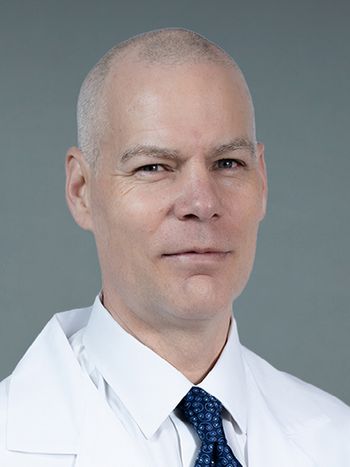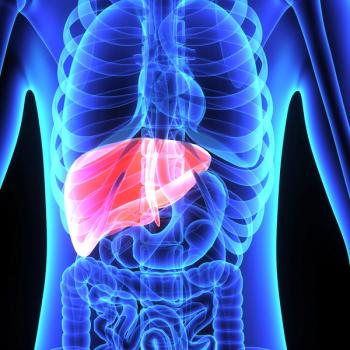
Oncology NEWS International
- Oncology NEWS International Vol 6 No 6
- Volume 6
- Issue 6
IOM Urges New System to Fund Medical Education
WASHINGTON-- The federal government should revise its system for funding the training of physicians, to help cut costs and adapt to ongoing changes in health care delivery, says a report from the Institute of Medicine (IOM) at the National Academy of Sciences.
WASHINGTON-- The federal government should revise its system for fundingthe training of physicians, to help cut costs and adapt to ongoing changesin health care delivery, says a report from the Institute of Medicine (IOM)at the National Academy of Sciences.
An 11-member IOM panel chaired by Rosemary A. Stevens, PhD, of the Universityof Pennsylvania, also urged broadening the kinds of institutions eligiblefor federal support, making funding more equitable to all teaching hospitals,and reducing the incentives for some hospitals to add more residents thanthey need.
Given the demands to control health care costs, Congress should setspecific spending levels for graduate medical education each year, thereport said. It noted that Medicare spent in excess of $6 billion to helppay the costs of training more than 100,000 physicians and other healthcare professionals in fiscal 1996.
A considerable disparity exists in residency funding, with some teachinghospitals receiving 10 times as much as others, the panel emphasized, andthis influences graduate medical education.
"Hospitals that are reimbursed $240,000 per year per resident havea terrific incentive to add more residents, compared with those institutionsthat only receive $24,000," said Dr. Stevens, professor of historyand sociology of science. "We need to create a better way of controllingtotal costs and distributing funds so that hospitals train doctors in thebest possible way in fields where they are truly needed."
The IOM panel suggested direct medical education funds should go toinstitutions other than teaching hospitals if they meet accreditation standards.These include ambulatory health centers, managed care organizations, andspecialty centers such as children's hospitals. Graduate nursing educationshould receive support according to the same principles that apply to physicians,the report said.
The panel also called for reforming Medicare's system for indirect supportfor medical education, which currently involves extra reimbursement toteaching hospitals that treat Medicare patients.
Noting that the increasing enrollment of Medicare beneficiaries intoHMOs is draining away patients once treated in teaching institutions, theIOM committee suggested creating a new trust fund. It would provide a definedlevel of funding, based in part on an institution's historical commitmentto serving Medicare recipients rather than solely on the present levelsof care.
The panel said its recommendations, if instituted, would offer policymakers more flexibility in dealing with the special needs of all typesof health care institutions.
Articles in this issue
over 28 years ago
Studies of Counselings' Impact on Survival Challengedover 28 years ago
Telomerase Activity Potential Marker for Bladder Cancerover 28 years ago
Writing Genetic Testing Guidelines Complex Endeavorover 28 years ago
AACR Meeting Sees Growth Spurt in Telomerase Researchover 28 years ago
DDT Appears to Activate Human Estrogen Receptorsover 28 years ago
Studies Highlight Role of bcl-2 Gene in Programmed Cell Deathover 28 years ago
Efficacy of BCG Maintenance in Bladder Cancer Is Confirmedover 28 years ago
Surgery Seen as Adjunct to Chemo in Some Invasive Breast Cancersover 28 years ago
Traveling Exhibit of Cancer Educational ResourcesNewsletter
Stay up to date on recent advances in the multidisciplinary approach to cancer.











































